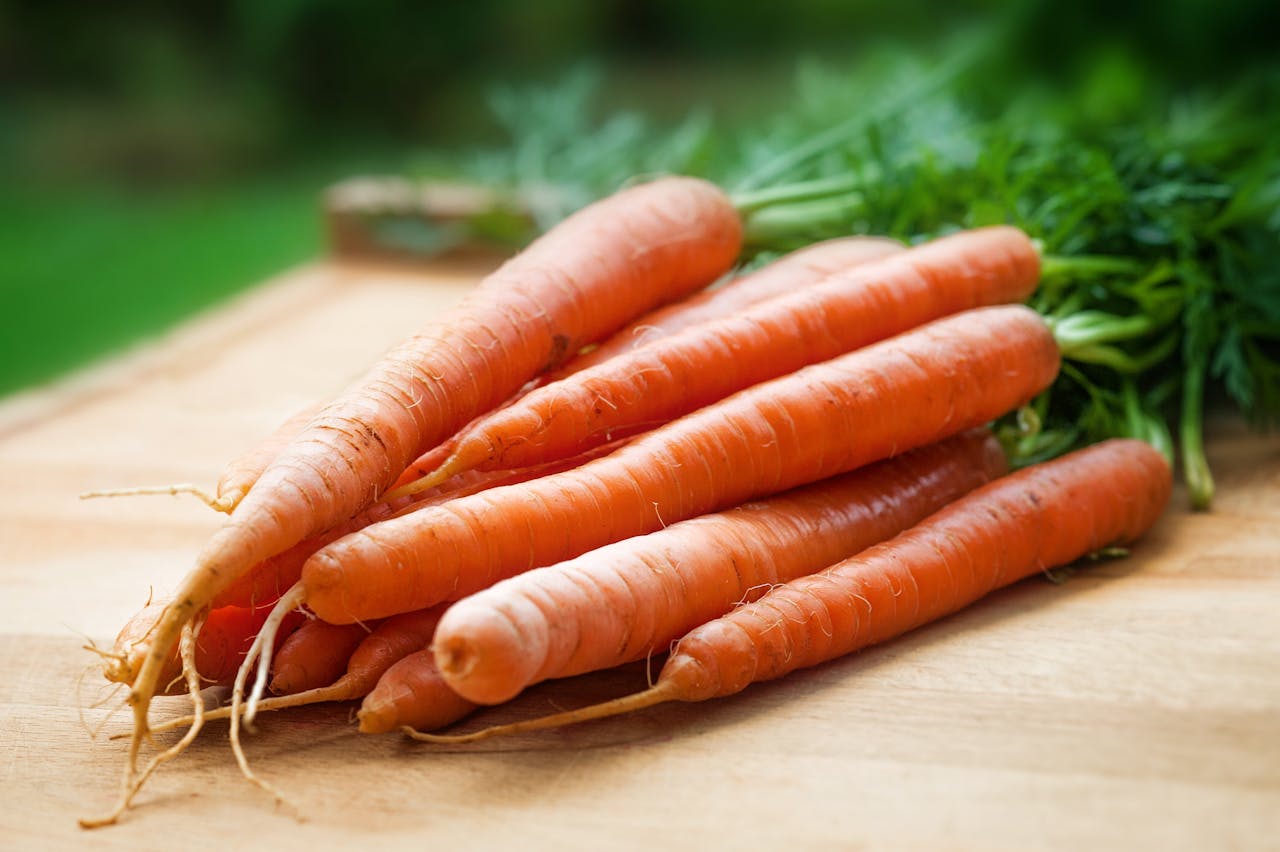
When it comes to getting the most value and nutrition from your grocery budget, the debate between frozen vegetables and fresh produce is more relevant than ever. Many shoppers assume fresh is always best, but that’s not always true. In fact, frozen vegetables often have some surprising advantages. Whether you’re looking to save money, reduce waste, or eat healthier, it’s worth taking a closer look at what frozen veggies offer. Let’s break down six ways frozen vegetables beat fresh for value and nutrition, so you can make smarter choices next time you shop.
1. Locked-In Nutrition at Peak Freshness
One of the biggest benefits of frozen vegetables is how they’re processed. Most are picked at their peak ripeness—when they have the highest nutrient content—and then quickly blanched and frozen. This process helps to lock in vitamins and minerals that may otherwise degrade during the storage and transportation of fresh produce. In contrast, fresh vegetables can spend days or even weeks in transit and on store shelves, losing some of their nutritional value over time.
If you’re aiming to get the most nutrients for your dollar, frozen vegetables often outperform their fresh counterparts, especially out of season. Studies have shown that frozen vegetables can contain equal or higher levels of nutrients like vitamin C, beta-carotene, and folate. So, when it comes to value and nutrition, the frozen aisle deserves a second look.
2. Better Value for Your Grocery Budget
Let’s face it—the price of fresh produce can fluctuate a lot, especially when certain vegetables are out of season or there are supply chain issues. Frozen vegetables, on the other hand, tend to have stable, lower prices year-round. This predictability makes it easier to plan meals and stick to your budget.
Since frozen veggies are prepped and ready to use, there’s less waste from stems, peels, or leaves you might discard from fresh produce. You’re paying for what you actually eat. That means more value and nutrition for every dollar spent, making frozen vegetables a smart buy for families and anyone watching their grocery bill.
3. Longer Shelf Life Means Less Food Waste
How often have you bought a bunch of fresh vegetables with good intentions, only to find them wilted or spoiled before you could use them? With frozen vegetables, that worry disappears. Their long shelf life means you can keep a variety of options on hand without rushing to use them up.
This not only saves money but also cuts down on food waste, which is a big issue for both households and the environment. By choosing frozen, you maximize value and nutrition because you’re actually eating what you buy, instead of tossing it out after a week.
4. Convenient and Ready to Use
Frozen vegetables are already washed, peeled, and chopped. That saves you both time and effort in the kitchen. For busy weeknights, this convenience can make the difference between cooking at home and grabbing takeout.
Because they’re so easy to use, you’re more likely to add extra veggies to your meals—helping you boost your intake of fiber, vitamins, and minerals. Frozen vegetables make it simple to eat healthier without extra hassle, increasing both the value and nutrition of your meals.
5. Year-Round Access to Variety
Seasonal eating is great, but it can limit your options, especially if you live in an area with harsh winters or limited local produce. Frozen vegetables give you access to a wide variety of options all year long, from classic peas and carrots to more exotic blends and stir-fry mixes.
This variety makes it easier to keep your meals interesting and balanced. You can enjoy out-of-season favorites whenever you like, without paying a premium.
6. Safer and Less Likely to Harbor Harmful Bacteria
Food safety is another area where frozen vegetables can beat fresh ones. The blanching and freezing process kills many bacteria and pathogens that might be present on fresh produce. While you should still cook frozen vegetables before eating, this extra layer of safety is reassuring, especially for people with compromised immune systems or families with young children.
Fresh vegetables are more likely to be exposed to contamination during harvesting, handling, and transportation. By choosing frozen, you reduce the risk of foodborne illness and still get great value and nutrition.
How to Get the Most from Frozen Vegetables
To maximize the value and nutrition of frozen vegetables, use gentle cooking methods like steaming or microwaving. These techniques help preserve nutrients and keep textures appealing. Avoid boiling for long periods, which can cause nutrient loss. Always check the ingredient list—choose options without added sauces, salt, or preservatives for the healthiest results.
Frozen vegetables can be used in stir-fries, soups, casseroles, smoothies, and more. They’re a practical way to eat more plants without the stress of rushing through fresh produce. Plus, they help you stretch your grocery budget further and reduce waste.
Do you use frozen vegetables in your meals? What’s your favorite way to add value and nutrition to your diet? Share your thoughts in the comments below!
What to Read Next…
- 7 Surprisingly Healthy Frozen Foods That Save Time and Money
- 12 Frozen Foods That Taste Just As Good As Homemade
- 7 Fruits Often Better To Buy Frozen Than Fresh
- Get These 5 Frozen Dinners For Your Family To Save Money And Eat Well
- How To Find Frozen Dinner Coupons: 12 Simple Tips For Budget Friendly Shopping
The post 6 Ways Frozen Vegetables Beat Fresh for Value and Nutrition appeared first on Grocery Coupon Guide.







